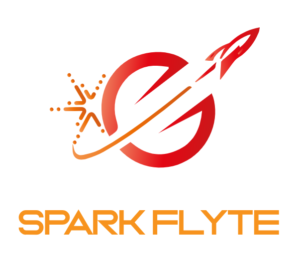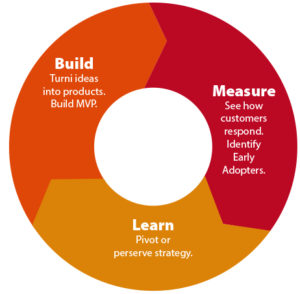Most Accelerators require your founding team to bring the technical expertise to the table.
We on the other hand are actually co-building with you, and provide most of the technical expertise your company may need to get an MVP and product-market fit.
Ultimately, most accelerators do actually charge a ‘program fee,’ they just label it differently, taking the program fee out of the equity investment that they make.
At SparkFlyte, we operate a little differently as we provide a much more active role in helping you start your new tech company.
SparkFlyte provides a founding team to support you with bringing your idea to life.
We provide the technology resources and also support directly with branding, design, product development, maintenance, go-to-market, fundraising support, and much more during the program.
This requires a heavier investment on our part, but we do our best to keep it very fair, and very affordable to optimize your chances for success.
Our method of program and processes have proven to save founders and their investors hundreds of thousands of dollars, months of lost time, and millions in undervalued equity.









